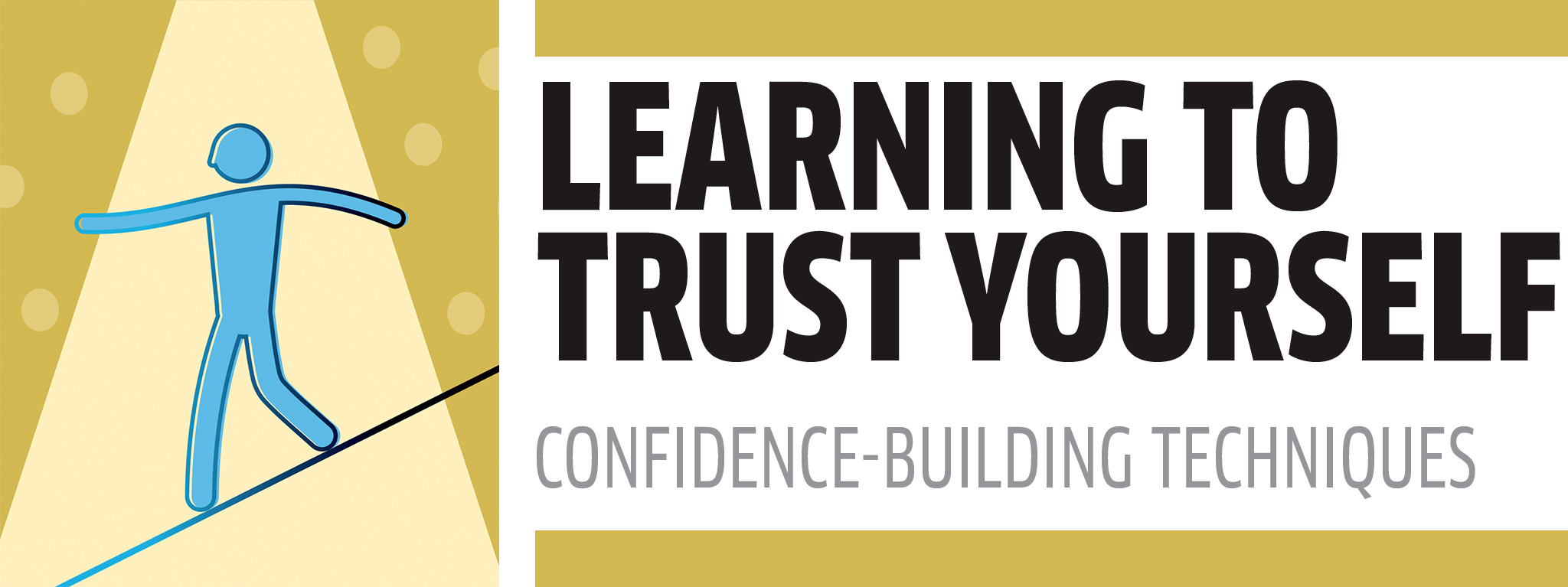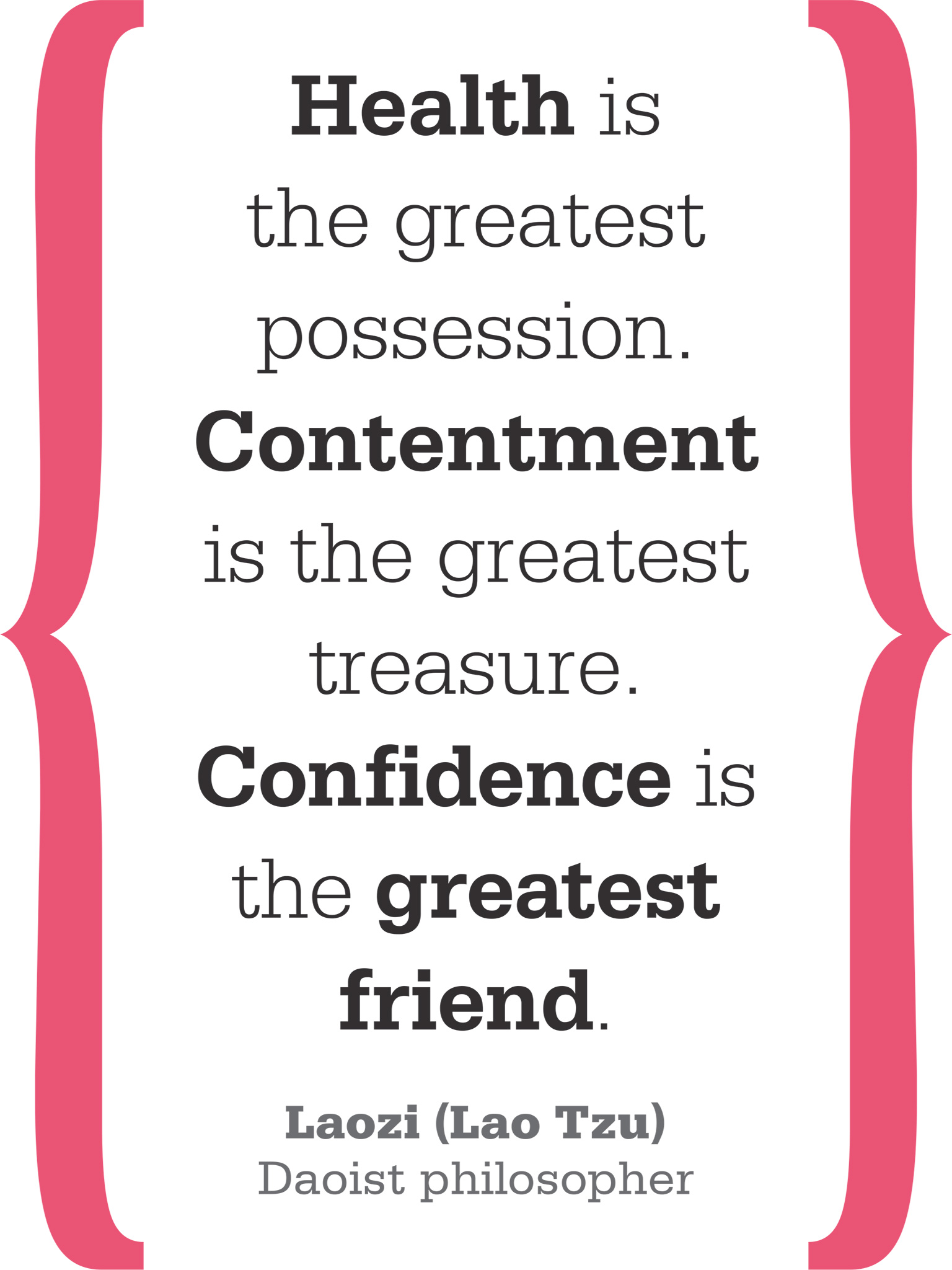
It sometimes seems that confident people stand a better chance in life. It’s a self-fulfilling prophecy: being self-assured and having faith in yourself encourages other people to believe in you, too.
It may be true that some people have more natural confidence than others, but that’s no reason to despair if you’re subject to self-doubt. Instead, regard confidence as a necessary component in your plans to succeed, and give yourself permission to build it up.
Practice, practice, practice
Begin by cultivating an awareness of how you “talk” to yourself. Do you spend a lot of time dwelling on worries or self-criticism? If so, work on nipping these thoughts in the bud: replace negative self-talk with positive self-talk. Successful sports coach Ivan Joseph, for example, recommends writing yourself a letter listing all your accomplishments, and reading it regularly. The key is repetition: it’s easy to forget your good points if you only think of them occasionally.
At the same time, practice doing things that make you nervous. Pushing past your comfort zone is something that only gets easier with familiarity. Start with low stakes; picture yourself like a tightrope walker beginning with a rope only a few feet off the ground. That vertiginous sense of anxiety is still going to be there, because we all fear falling, but once you’ve learned with a relatively safe “drop,” you’ll be better balanced when you try something more daring.
Start small and build up
Trying to feel confident about everything all of the time can feel like a big task. If you’re not sure how to build yourself up, try breaking it down: make a list of things that you’d like to be more confident about. This will give you a more detailed picture: imagine specific situations that push your comfort zone (but not too much), and then go and do them—every day, if you can. Start small and work on it regularly, and you may find that over time confidence comes more naturally than it did before.

 improving your self-confidence
improving your self-confidence
Grab a piece of paper and note your thoughts on the following:
- 1. Ask yourself what your deepest fears are. Abandonment? Humiliation? Dependence? Think about what they are, and how they enter the picture when it comes to your plans for success.
- 2. Make a list of why these fears are understandable. Your life experiences have shaped you, including the bad ones, and these fears are a product of those experiences. Don’t get too invested in blaming others, or yourself: the aim is to make peace with the past and move on.
- 3. Think about positive experiences that have helped you in your life, such as any support you’ve received, pride you’ve felt in your own actions, or new skills you’ve mastered.
- 4. Create a plan for using these techniques to help build yourself up in the future.
- 5. Anticipate ways in which this might be difficult—setbacks that may discourage you, particular demons that are hard to shake. Remind yourself that this is all part of the process, and consider ways to keep your compassion for yourself in view in those moments.

